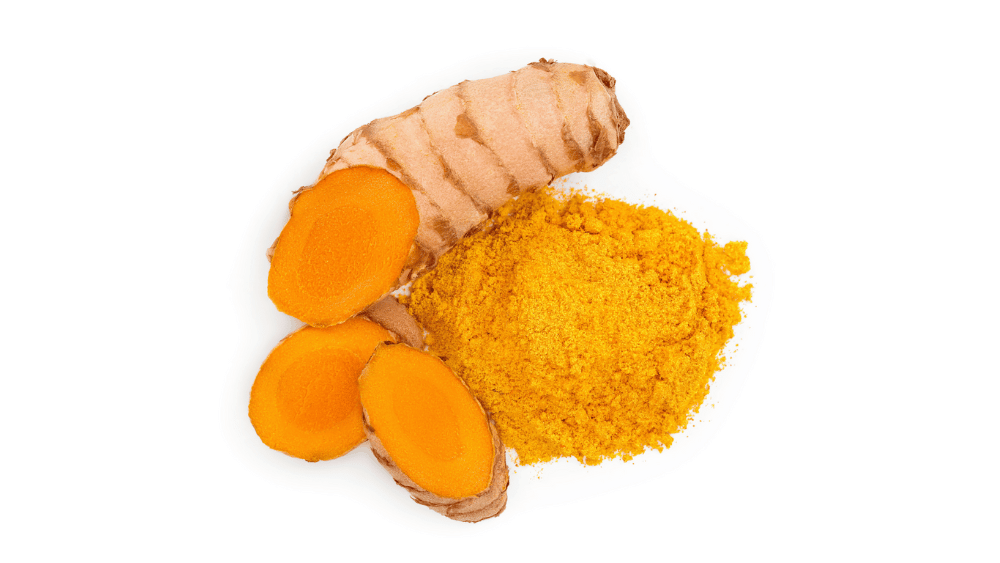Curcumin Supplements: To maximise the benefits of curcumin, it’s important to choose high quality supplements that enhance its absorption.
Curcumin, when taken alone, is poorly absorbed by the body, so look for supplements that include black pepper extract (piperine) or fats, which significantly boost its bioavailability. Piperine enhances curcumin absorption by up to 2,000%, making it an important ingredient in curcumin supplements.
Additionally, supplements that pair curcumin with fats, such as phospholipids products, can help ensure that it’s better absorbed by the body, leading to more effective results.
When incorporating curcumin supplements into your routine, consistency is key. It’s best to take them with a meal that includes healthy fats, such as avocados, nuts, or olive oil, to further aid absorption.
This ensures that curcumin enters your system efficiently and provides ongoing benefits like reducing inflammation and supporting joint and brain health. Always follow the recommended dosage on the supplement label.
Dietary Tips: In addition to supplements, you can easily incorporate curcumin into your diet by adding turmeric, its natural source, to a variety of meals.
Start by sprinkling turmeric powder into smoothies or juices for a vibrant, health-boosting kick. Turmeric's earthy flavour pairs well with fruits like mango or pineapple, making it a delicious addition to your morning drink.
For a soothing option, try golden milk – a warm blend of turmeric, milk (or a dairy-free alternative), black pepper, and honey.
Another great way to increase your curcumin intake is by adding turmeric to soups, stews, and curries. Its rich, golden colour and mild flavour complement a range of dishes, from hearty lentil soups to vegetable stir fries.
You can also create turmeric tea by steeping the powder or fresh turmeric root in hot water, adding a pinch of black pepper and a drizzle of lemon juice for enhanced flavour and absorption.


